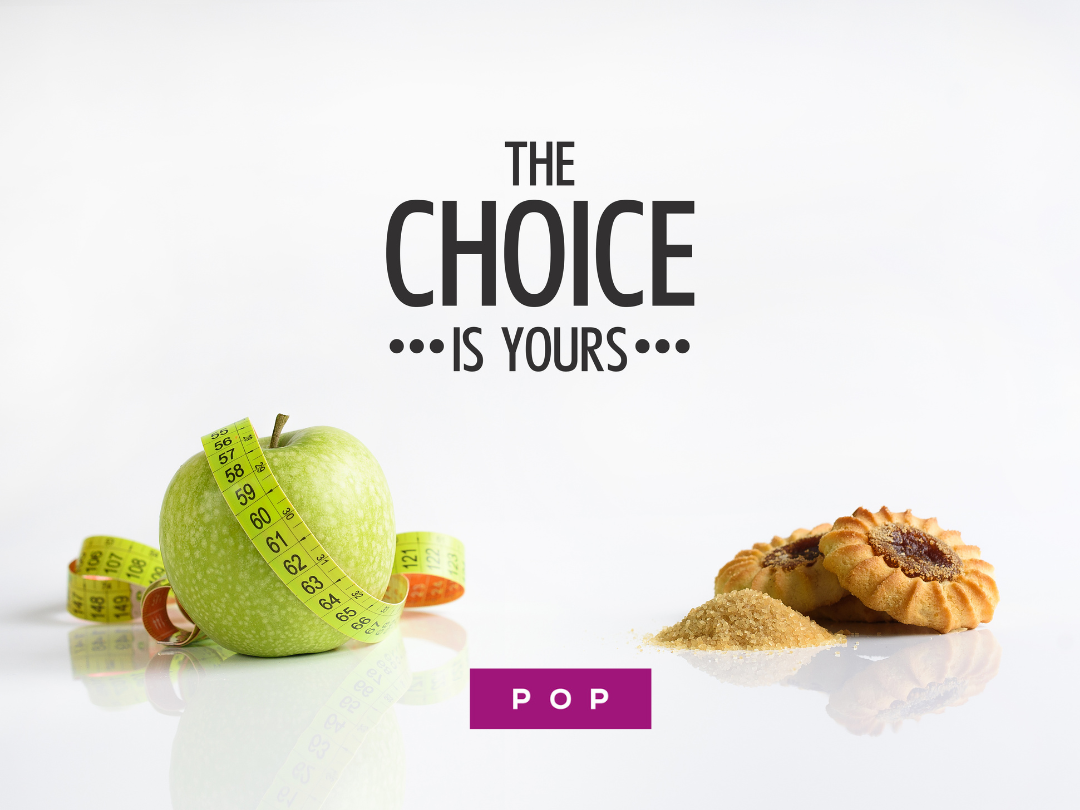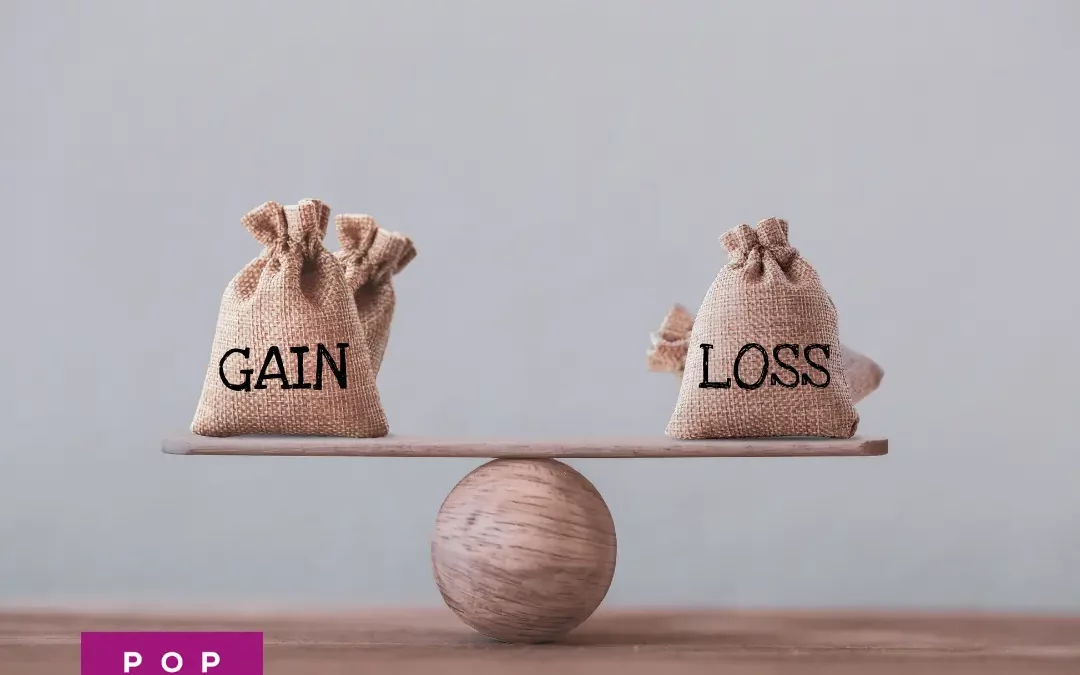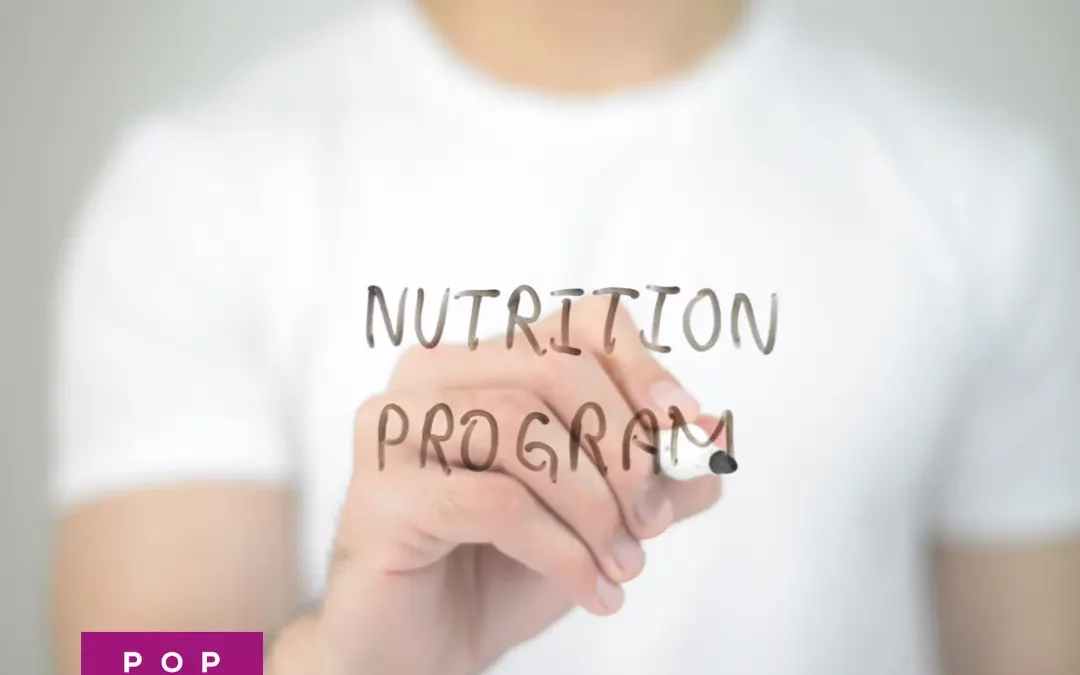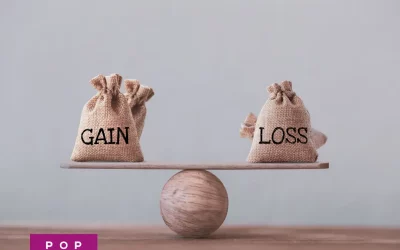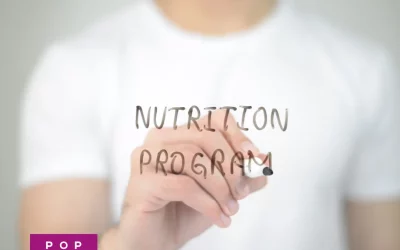I can help you heal your relationship with food right now.
Before I do, I just want to give you a heads up that I’m going to be communicating a lot on the goal achievement process in the coming weeks and months.
I am the world’s leading expert on goal achievement so I might as well lean in.
And just to clarify, I’m the world’s leading expert according to myself. 😉
Anyway, I do consider it to be my super power and let’s be honest … you’re here because you want to achieve a goal or two or three or seven.
The problem is that goals are accomplished at a shockingly low rate.
So when left to your own devices, you’re sitting at single digit percentages with your likelihood of goal achievement.
It’s not your fault. It doesn’t make you a bad person. It’s simply because our human brain is pretty complicated and doesn’t like change or uncertainty.
Today we’re going to focus on a common friction point that comes up for most people …
Lack of control around certain foods.
Do you have a poor relationship with food?
Conventional wisdom says … keep that food out of the house. Avoid it at all costs. If it’s not in plain sight or within reach then you can’t binge on it.
Which isn’t horrible advice. But we’re kind of dancing around the issue.
If you don’t have your trigger food readily available, you may simply choose a different outlet that’s just as destructive to your goals.
So first, let’s identify how that trigger food is serving you.
Keep in mind that every decision you make is the best decision for you in that moment.
Yes, even binging.
It’s serving a purpose. Comfort? Reliability? Stress management? Safety? Distraction?
At a certain point in time, you learned that over indulging provided some value to you. Even if it moves you away from your body composition goal. There’s something that it’s doing FOR you that you should probably unpack.
When did it start? What are the common feelings that are present when it happens? How is it protecting you?
It may be protecting you from the fear of success. It may be protecting you from the fear of failure. It may be protecting you from be chronically under fed. It may be protecting you from excess stress.
It’s serving a purpose. Figure out what that purpose is.
The next part is where you’ll be mind blown …
Give yourself permission to mindfully indulge.
Let’s say your trigger food is ice cream. Every time you open up a pint, you end up scraping the bottom.
Sit down at the table with your pint of ice cream. Remove all distractions … no phones, no TV, no annoying people around lol. Just you and the ice cream.
Take a few deep breaths and identify the feelings that are present. Is your heart racing? Are you nervous? Excited? Scared? Where do you feel those feelings? In your gut? Your head? Your chest?
What else is happening in your body? Are you salivating? Can you not sit still?
Then, begin to indulge while narrating the sensations and experience.
Communicate out loud to yourself what you’re doing with each bite and how it tastes, what it feels like in your mouth, and the satisfaction (or lack thereof).
Consider the smell and the texture.
Continue this mindful indulgence until you feel like stopping.
Then, report your findings.
What’s your relationship with your trigger food now?
Typically, when this is done we see one of two things occur …
1. You realize that you don’t need all that much to be satisfied. That a few bites of mindful indulgence is all you really need.
2. You realize that you don’t really like that particular food all that much.
It’s shocking how frequently this happens.
I worked with a client years ago who swore that chocolate was her biggest vice in the world and she’d never have a healthy relationship with it.
We discovered that she used chocolate as a kid when there was turmoil in her house. So it provided her a sense of comfort and safety.
Anytime she was near chocolate, she would binge uncontrollably.
After working through the mindful indulgence exercise a few times …
She realized that she didn’t actually enjoy the taste of chocolate.
After that, she was able to be around chocolate without eating any. She completely lost interest in it.
That may sound impossible, but when you indulge in a state of fight or flight (which is what happens most of the time), you are not tuned in to the experience.
You can consume copious amounts of food that you don’t even enjoy.
Even if it’s a food you love, you may find through this practice that you don’t need very much of it to feel satisfied and content.
One of the key aspects of goal achievement is working through various friction points that commonly occur.
This is one of many, but an important one, nonetheless.
Give it a try. See what you find.
I think you’ll be pleasantly surprised that you CAN and WILL heal your relationship with food.

